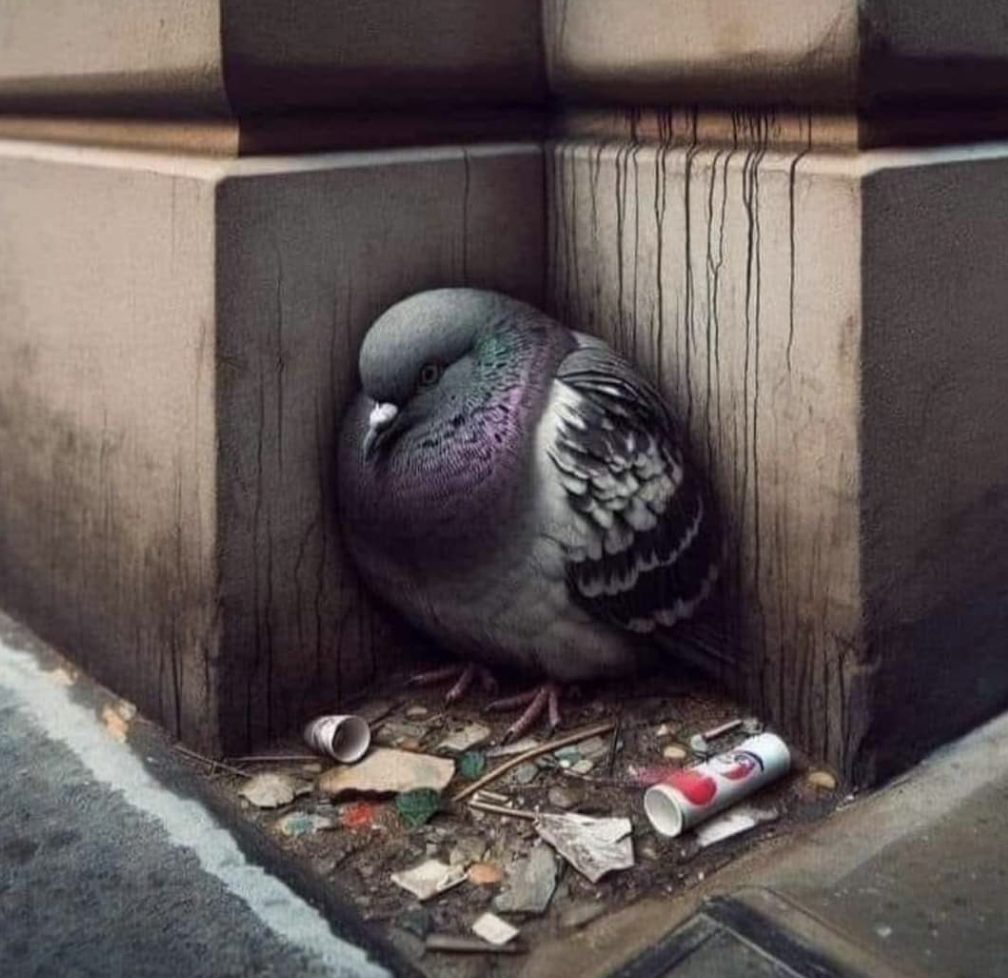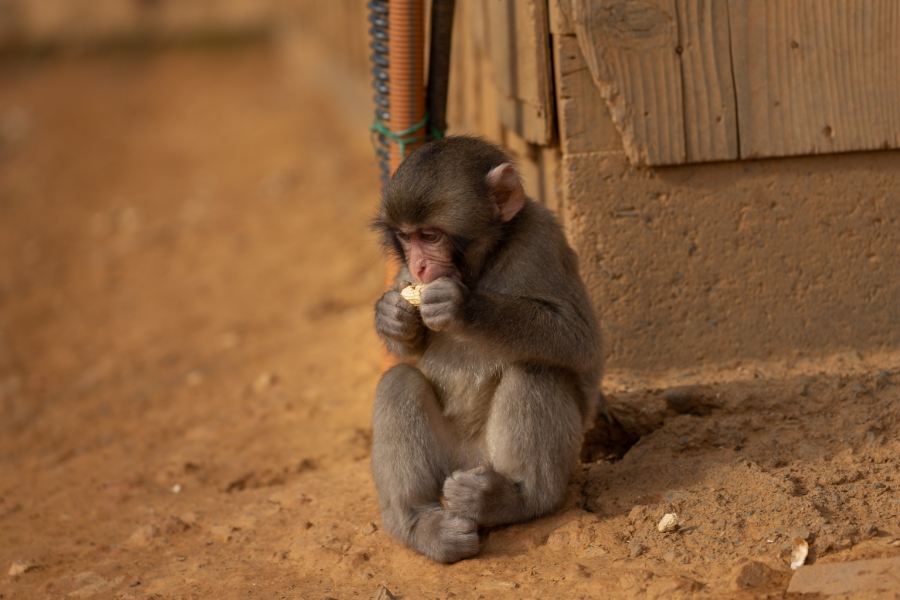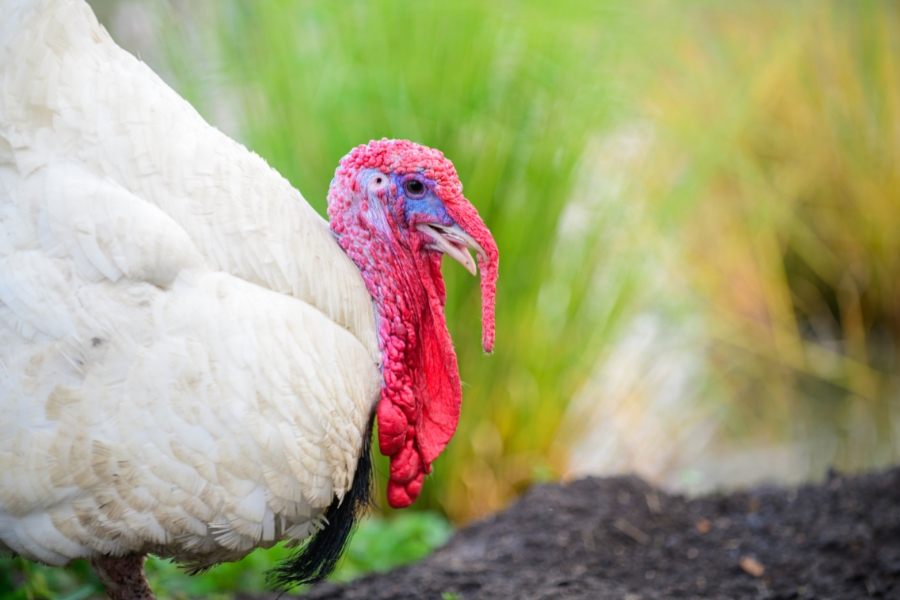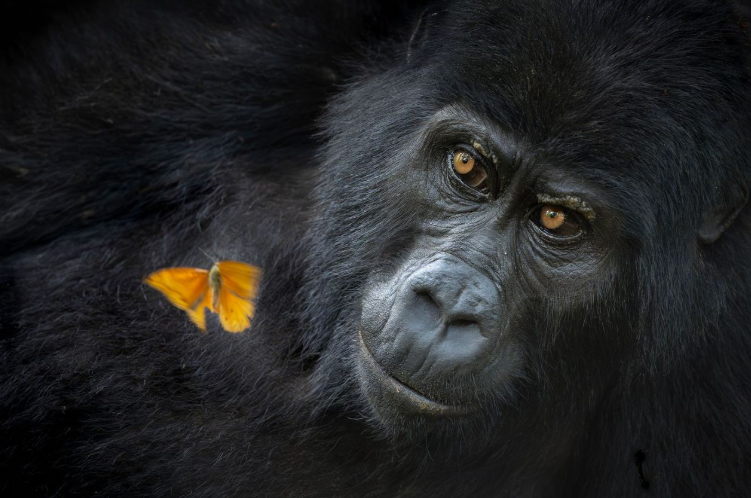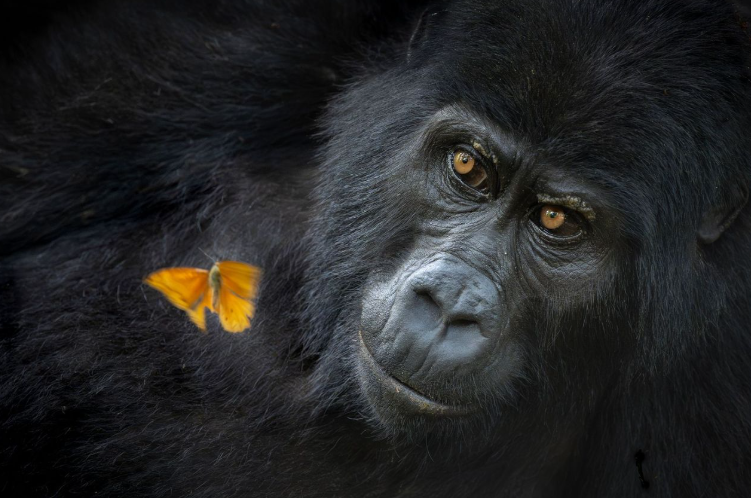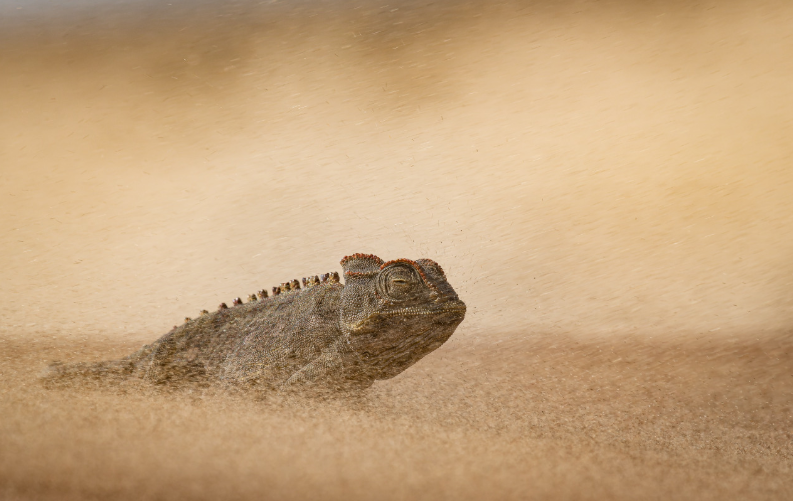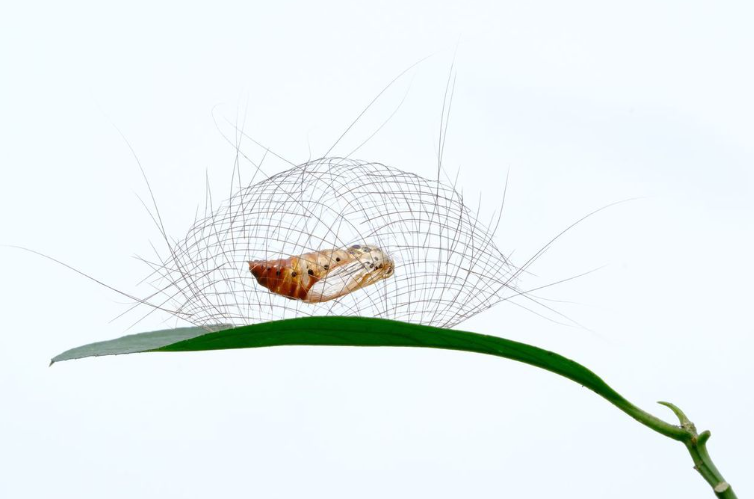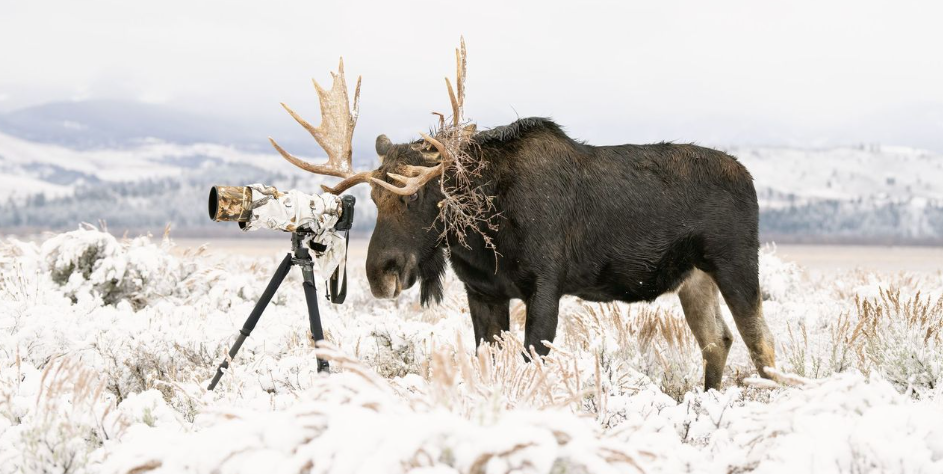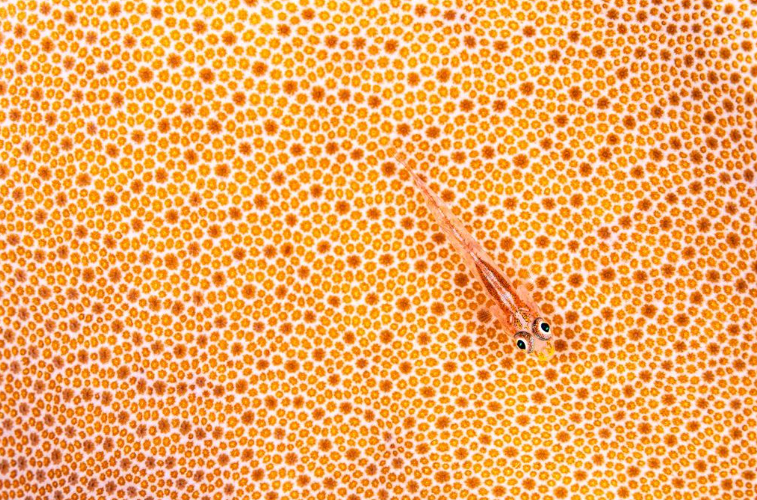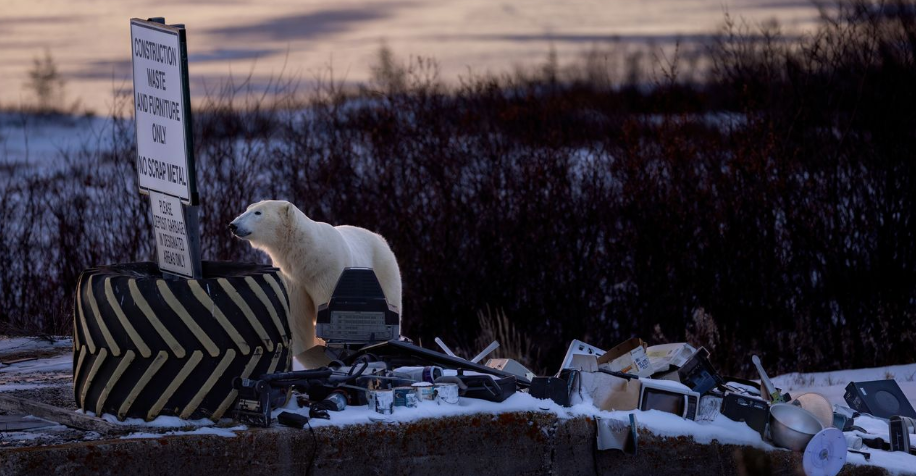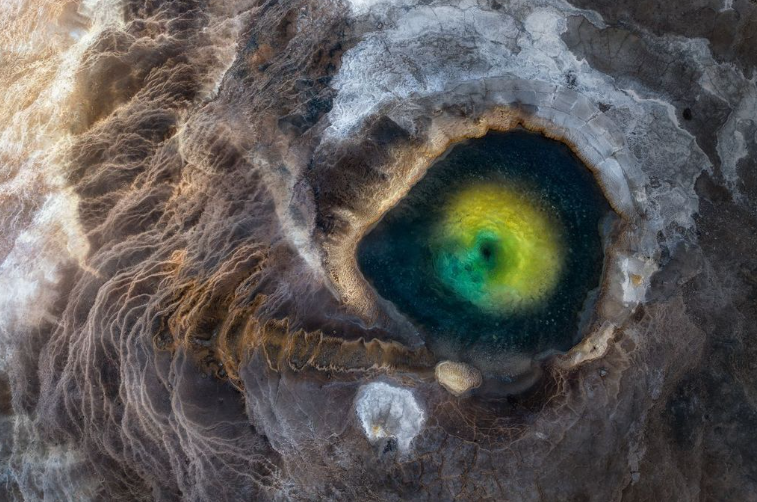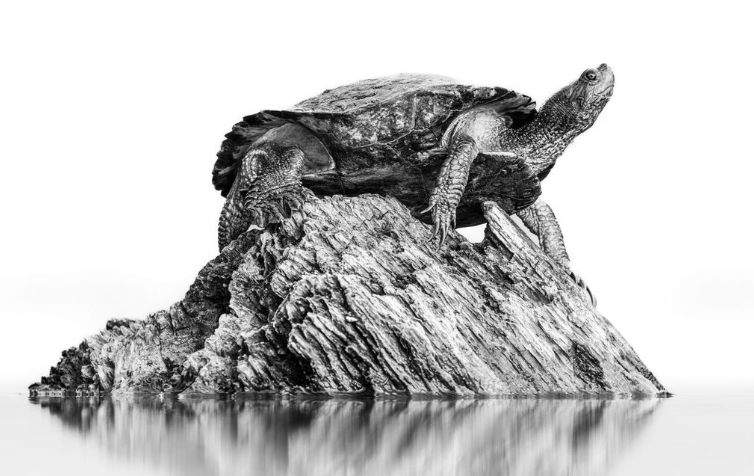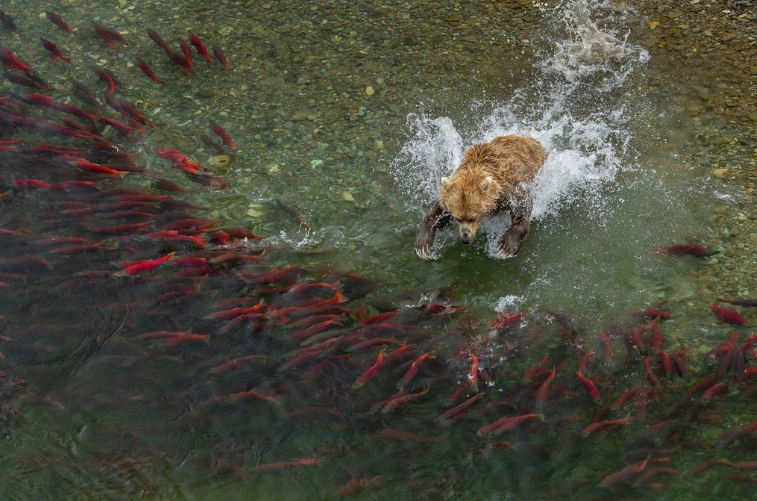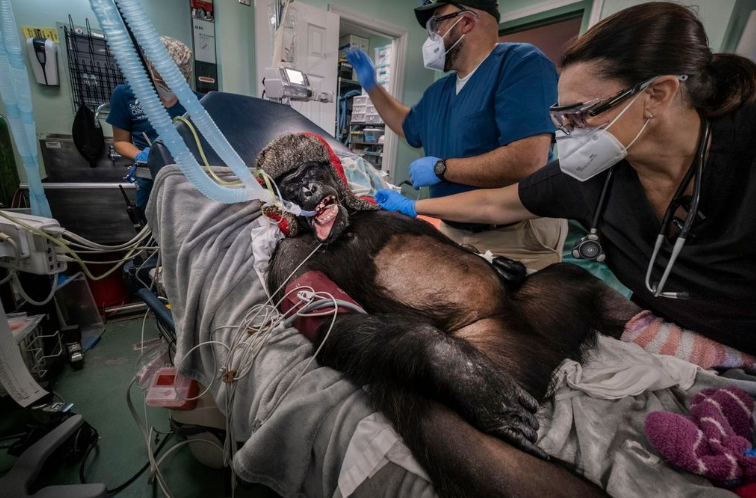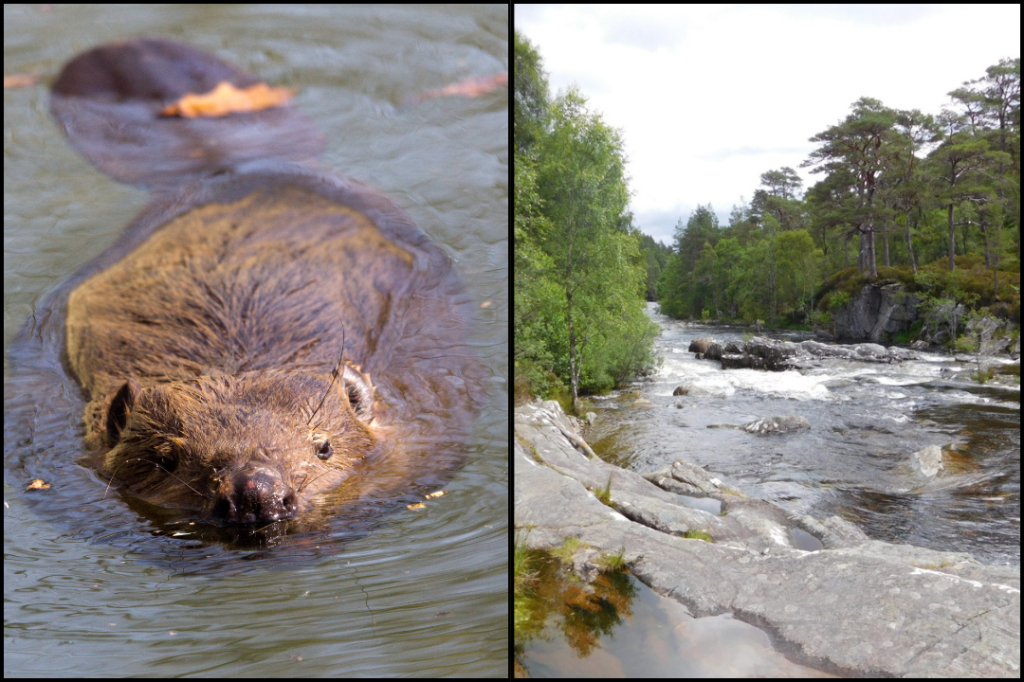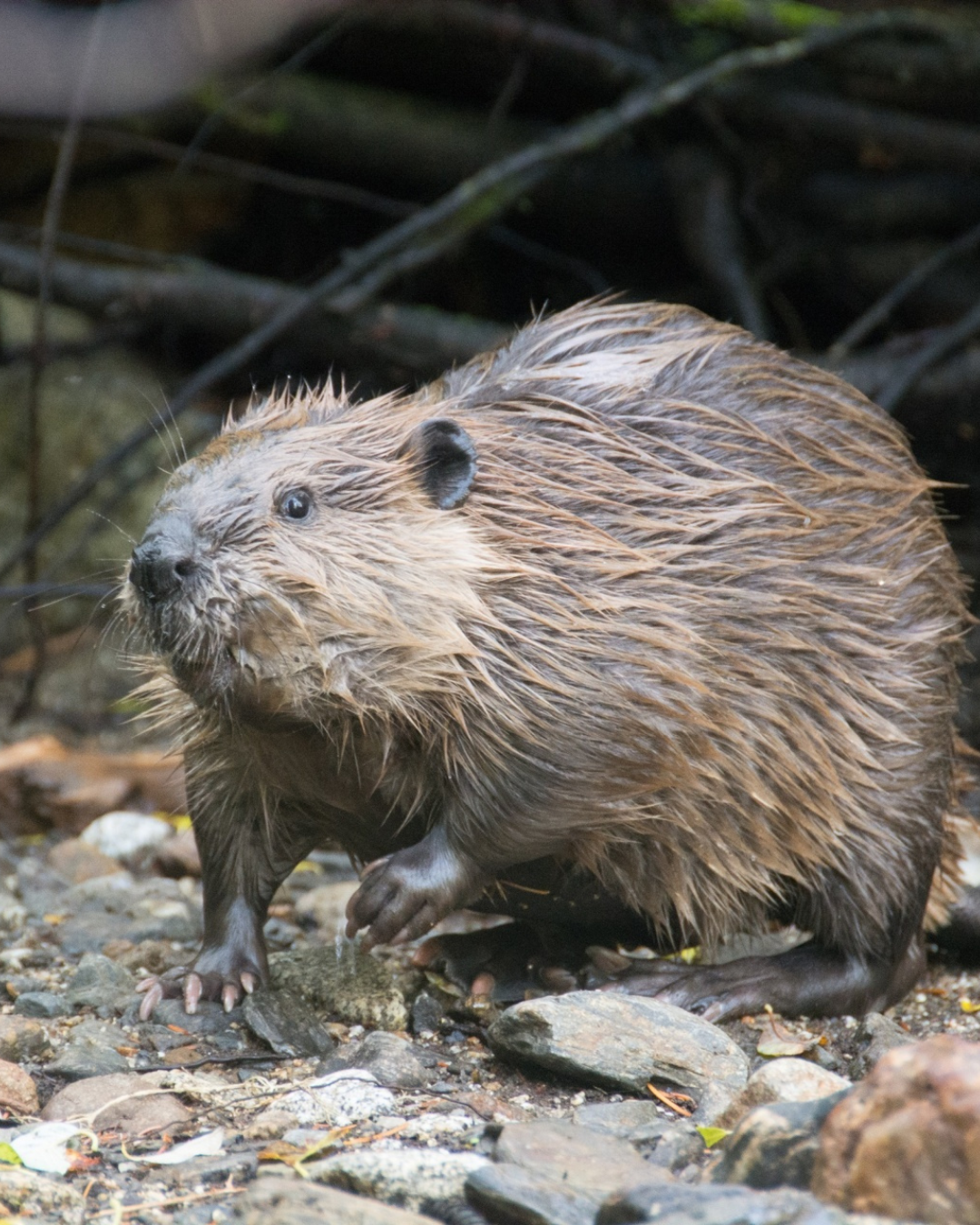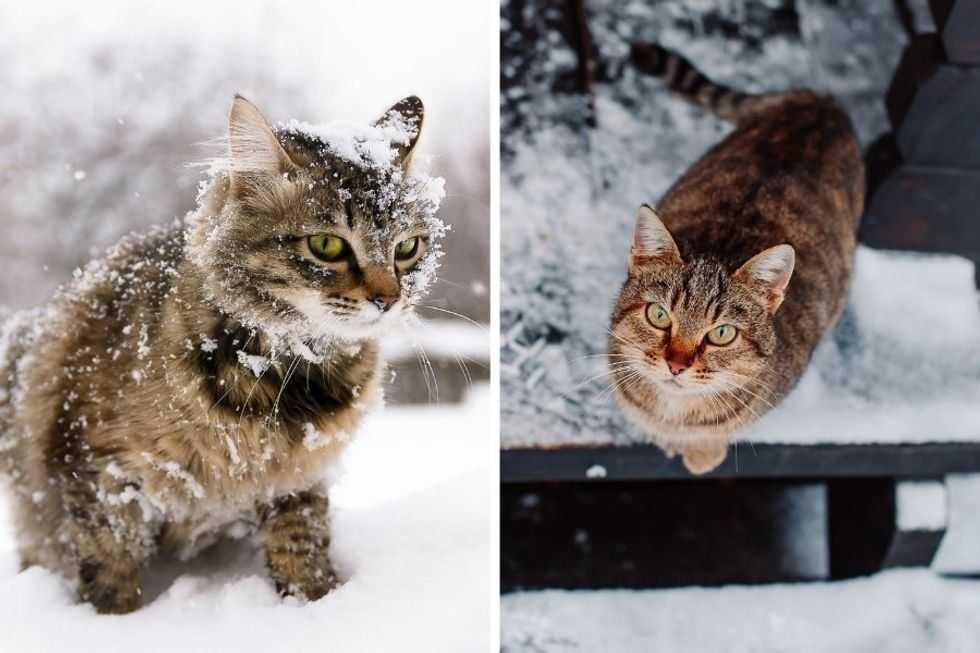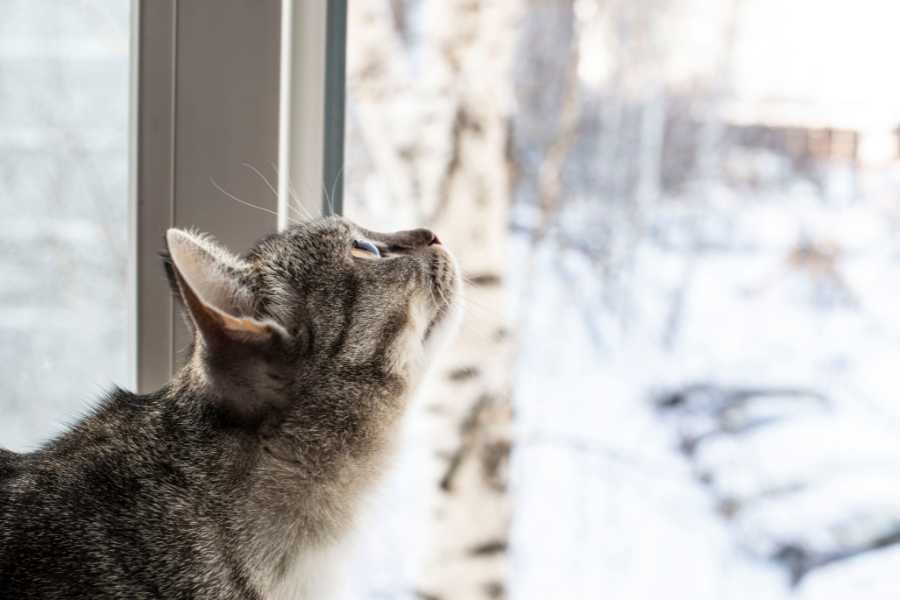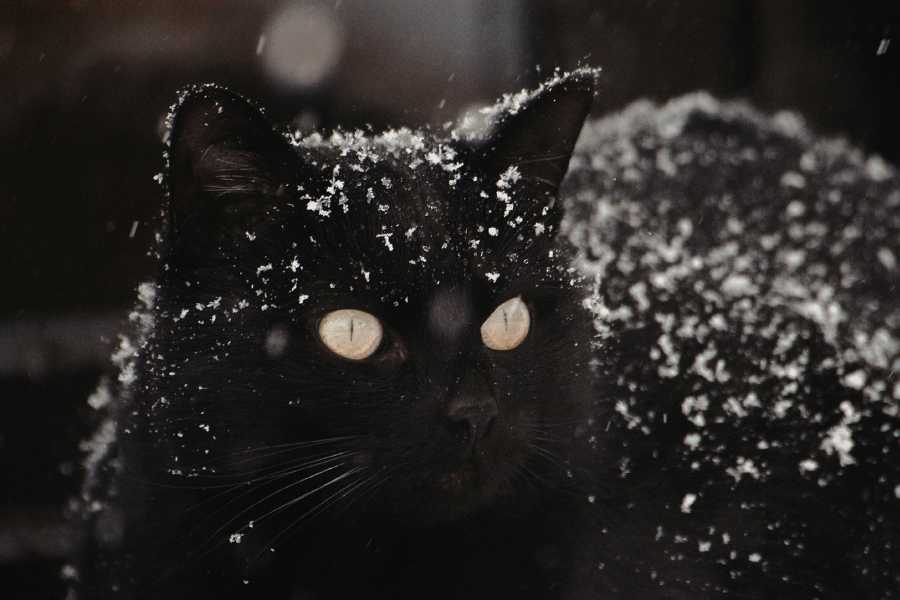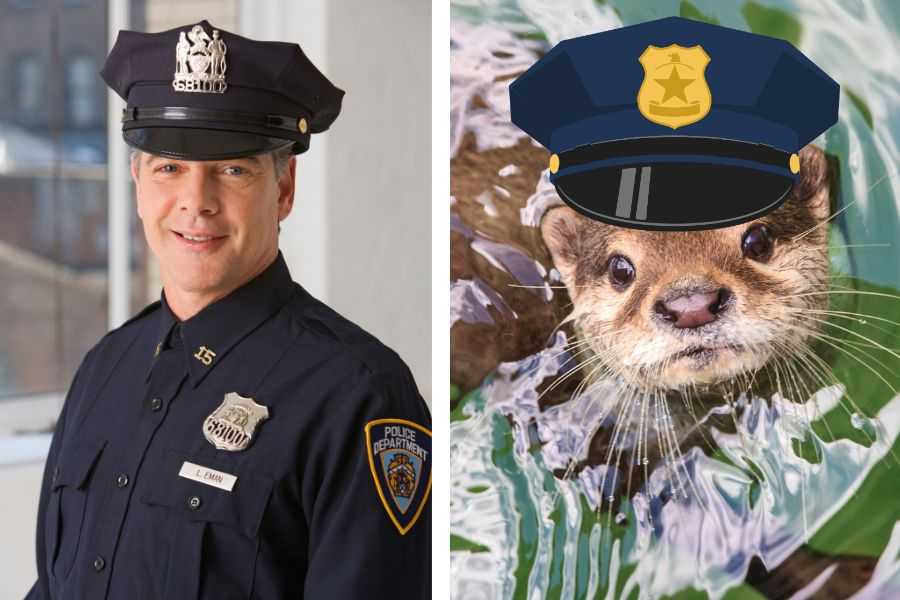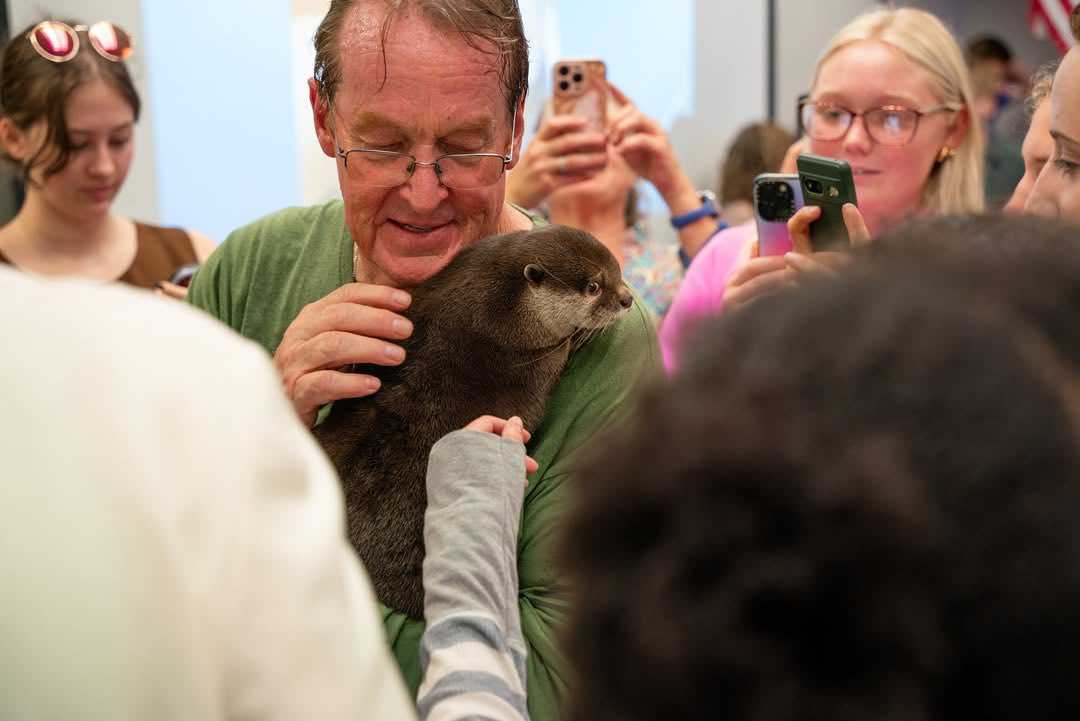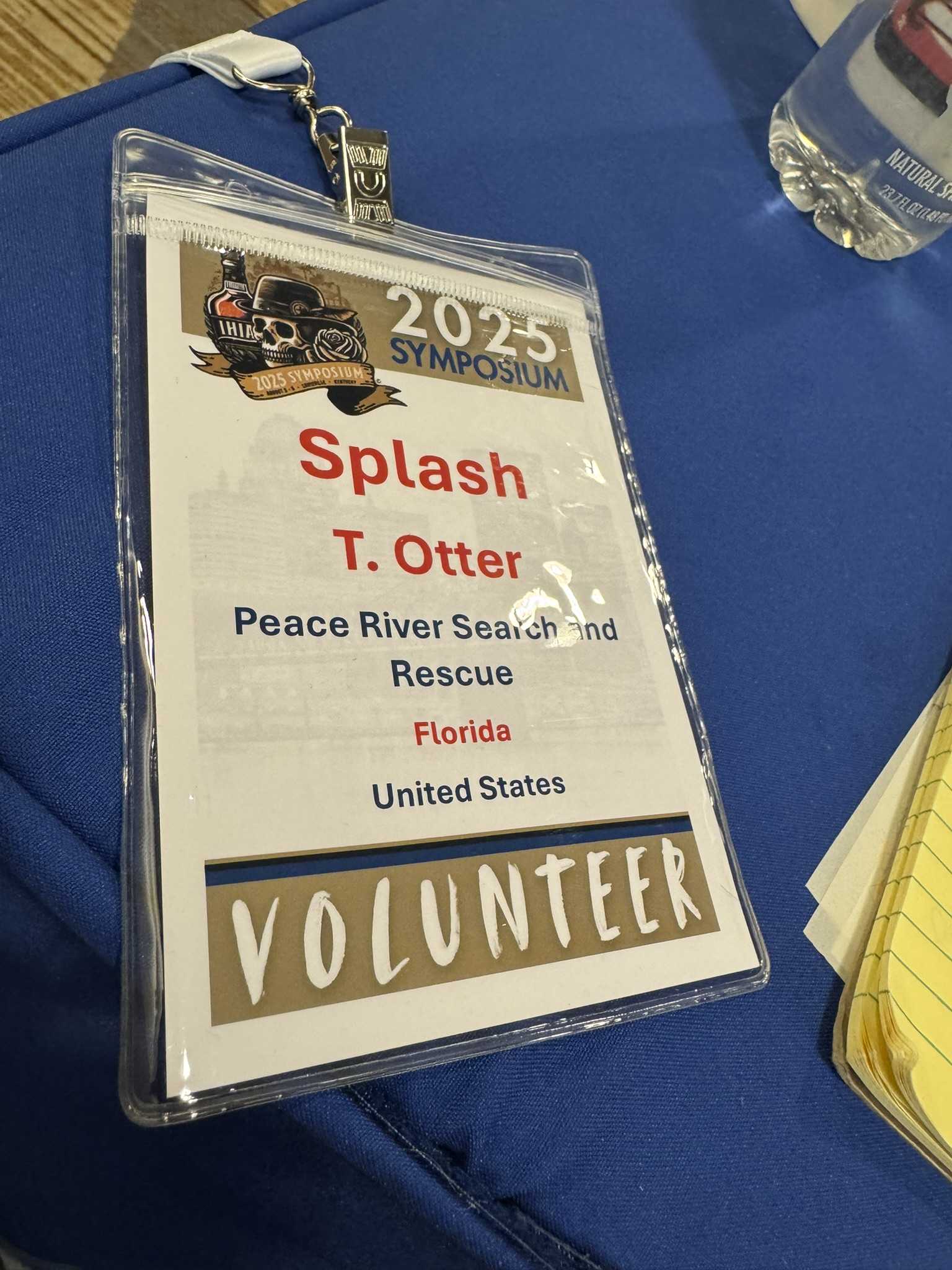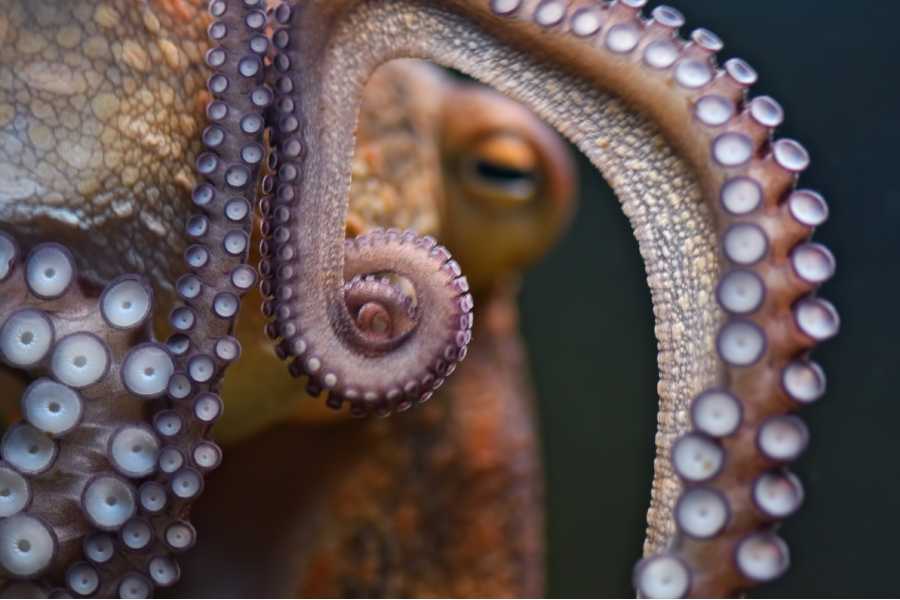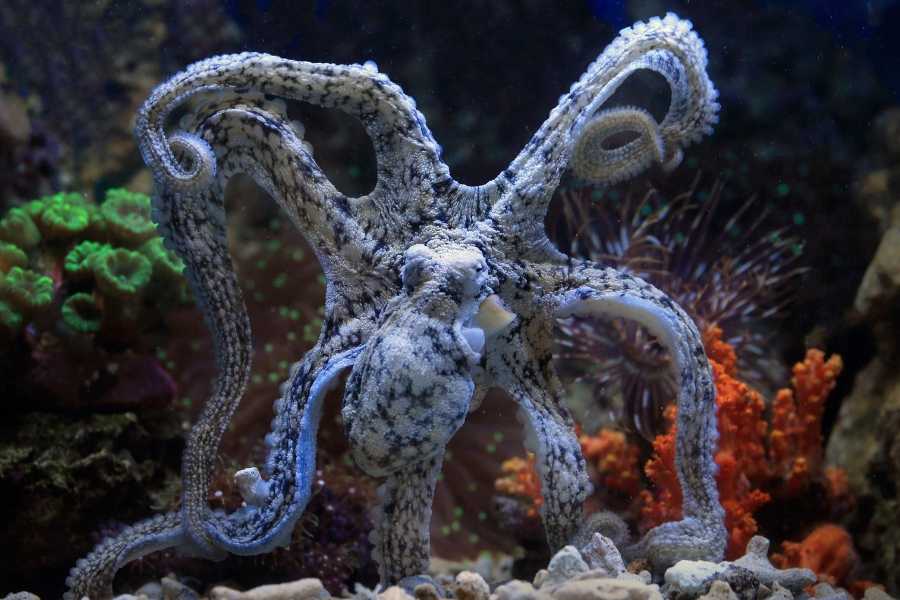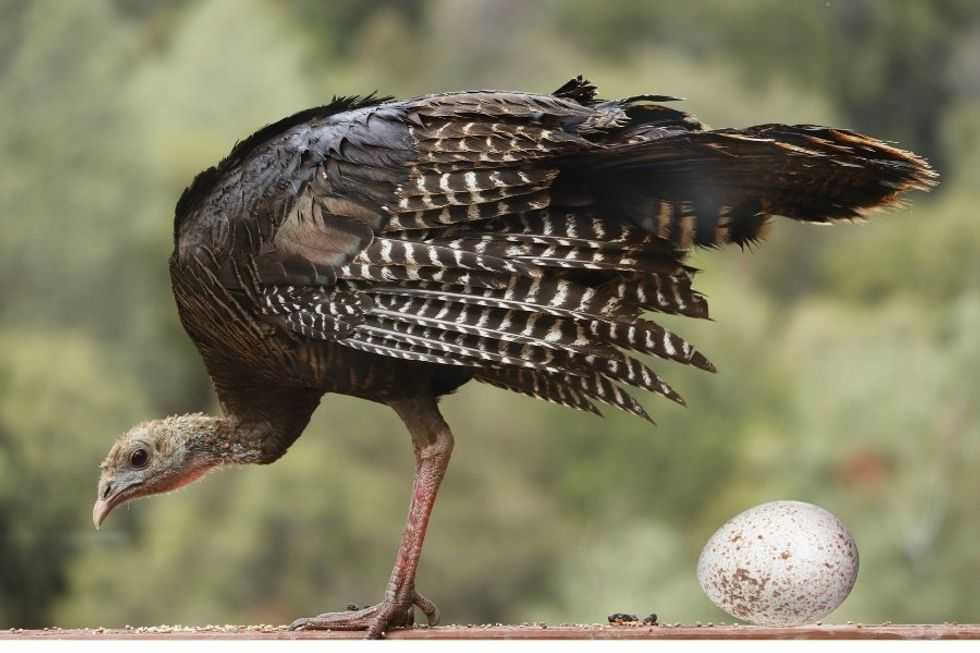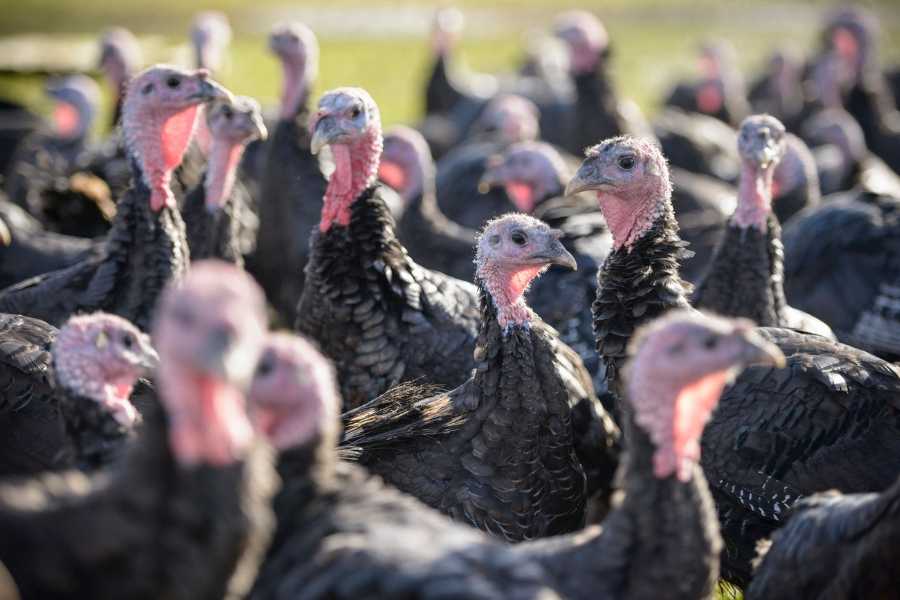Few species have been the victim of bad marketing quite like the pigeon. While its cousin, the dove (whose genetic makeup is nearly identical, mind you) is made the poster-bird for love and purity, pigeons have been dubbed as deplorable pests, aka “rats with wings.” Which, let’s be honest, sounds like the zoological equivalent of a mean racial slur.
And yet, a now-viral post serves as an important reminder that our attitude towards these creatures needs to change.
Coach and therapist Thaddeus Patrick shared on X, “My friend grew up in New England where they have pigeons. Apparently they also hate them. He was always saying bad things about pigeons.”
That is, until Patrick gave his friend a brief history lesson, which doubled as a lesson in empathy.
“We domesticated pigeons. They are (nearly) all over the world because HUMANS BROUGHT THEM THERE. And, they were more than pets. They carried messages. People raced them. They lived spoiled lives as honored human companions for centuries,” he wrote.
Indeed, humans have used the pigeon’s intelligence and natural homing abilities to communicate with one another since sixth century BC. Ancient Romans used them to announce winners of the Olympics. Genghis Khan had a whole flock spread across his vast empire.
Among the most famous of carrier pigeons is Cher Ami, who delivered what may have been a lifesaving message to American commanders during World War I, despite a wound to his breast and a nearly severed leg. His courageous efforts got him the French military award, the Croix de Guerre With Palm.
And by the way, pigeons weren’t just appreciated for their communication skills. Some were simply bred for beauty.
And yet, any contributions are all but forgotten in the modern age. Or, as Patrick put it, “then we got telephones and we threw them out like trash. Literally, we threw them away.”
But by that time, “their species had already been fully domesticated and they could not survive in the wild; they lost all their survival instincts during the centuries that they lived caged by people,” he explained. It also helps that hard concrete buildings better replicate the pigeon’s natural habitat of rocky ledges and cliffs, rather than trees and shrubs.
So, okay, we no longer had “use” for pigeons. But pigeons stayed in the city…cause, the forest life isn’t for them. Okay. But why is there such universally visceral reaction towards them now?
That brings us back to marketing. Specifically a media campaign in the 60s by New York City Parks Commissioner Thomas Hoving, who had such a disdain for pigeons that he created the “rat with wings” moniker (not Woody Allen, as some might believe) along with the association to disease.
In his paper, “How Pigeons Became Rats: The Cultural-Spatial Logic of Problem Animals,” sociologist Colin Jerolmack also notes how our evolving hatred for pigeons reflects a wider disconnect between humanity and nature, sometimes referred to as “imagintaive geography.”
“In what sociologists call our ‘imaginative geography’ of cities, there’s a border that separates clean, orderly civilization and wild, uncontrolled nature. ‘That doesn’t mean there’s no nature, but ideally, the city is the place where we invite nature in in ways that we control,’” Jerolmack says. “Pigeons cross those boundaries frequently and visibly, inhabiting the spaces that we think of as our own.”
Essentially, humans created this situation for pigeons. “They don’t know how to live without us, and their instincts tell us that they should trust us. So, they continue to come up to humans and beg for food, because it’s the only survival skill left in their genes,” Patrick lamented.
And now, when we think of pigeons, we are more likely to think of disease-spreading vermin rather than the allies to mankind that they truly are. Even those of us that are familiar with the history of the carrier pigeon are likely to shoo them away and treat them as a nuisance more than anything else.
“They love us because they were bred by us to feel that way, and yet we hate them.”
“My friend grew up in New England where they have pigeons. Apparently they also hate them. He was always saying bad things about pigeons until I pointed something out that he never thought of before:
We domesticated pigeons. They are (nearly) all over the world because HUMANS… pic.twitter.com/sMlZEJtFwA— ☦️haddeus ⳩atrick (@jacfalcon) April 10, 2024
Luckily there is still hope for humanity, judging the comments left on Patrick’s post.
“I used to be that way, but the more I learned about pigeons, and just growing emotionally mature, I realized that no animal really deserves to be hated and have been kinder to pigeons,” one person wrote.
Another added, “We forgot they were once our friends. But they didn’t forget.”
We forgot they were once our friends. But they didn’t forget. pic.twitter.com/FShdIZ8H92— Hernan Cortes (@CyberPunkCortes) April 10, 2024
“Wow. I never thought of it this way,” a third said.
It’s not the most uplifting story in the world, but it’s an important conversation. The way society has used and discarded these creatures reflects how it tends to treat nature as a whole. We have to be better to the beings sharing a planet with us. Granted a lot of that is out of the average person’s control, but we are completely capable of shifting our attitude towards certain species.

